India's Rap Rebel Returns: Yo Yo Honey Singh's Battle with Addiction and Comeback
Nearly 15 years ago, an aspiring rapper from humble beginnings burst onto India's then-nascent hip-hop scene, revolutionizing it in ways few could have predicted.
Yo Yo Honey Singh became a household name, known for his brash lyrics and pulsating beats. He teased, cajoled, and provoked his audience, luring them into the wild, unfiltered world he created with songs about parties, drugs, and seduction. His music dominated clubs, weddings, and street corners alike. But at the peak of his career, he disappeared.
Seven years later, Singh has made his return. With a new album and a tour underway, he claims to have undergone a transformation after battling drug addiction and mental health struggles.
The Rise and Fall of a Cultural Icon
At 41, Singh remains a defining figure in India's hip-hop landscape. Music journalist Bhanuj Kappal, featured in Netflix’s documentary Famous, describes Singh as an artist who shifted the “cultural gravity” of Indian hip-hop. But his fame was often shadowed by controversy.
Singh was accused of promoting misogyny, violence, and debauchery through his lyrics. Criticism intensified when his former wife accused him of domestic violence, allegations he has denied.
The hip-hop scene he once dominated has evolved, with newer artists surpassing him in influence. His latest work, while still commanding a dedicated fanbase, has been described as outdated. Kappal notes, “He has a core audience that will stick with him forever... but his vision is old now.”
A Battle with Addiction and Reinvention
Rather than conceal his struggles, Singh has placed them at the heart of his comeback. In candid interviews, he has acknowledged his battles with addiction and mental health.
"Drugs destroyed me completely," he admitted in an interview with digital news platform Lallantop. "I lost myself to fame, money, and women. I was like a devil, completely satanic."
Reflecting on his descent, Singh revealed shocking details of his self-destructive lifestyle. He described smoking 12-15 joints daily, excessive drinking, and erratic behavior. At one point, he recalled biting a friend’s stomach in a drug-induced stupor.
His breakdown in 2017 was a turning point. Singh quit music, returned home, and sought professional help. “I told my family I was mentally unwell. I can’t do anything until I get better.” After seven years of sobriety—except for the occasional beer—Singh says he has fought his way back.
From Delhi's Streets to Bollywood Fame
Born Hridesh Singh in Punjab, he was raised in a cramped Delhi neighborhood that deeply influenced his music. Starting as a college DJ, he transitioned to production, dreaming of crafting beats rather than writing or singing.
His big break came in 2011 with The International Villager, blending Punjabi folk elements with global hip-hop influences. Initially struggling for recognition, his music suddenly went viral. Brown Rang, a song celebrating brown-skinned ambition, became YouTube's most-watched Indian video in 2012. It introduced audiences to hip-hop’s glitzy aesthetic—fast cars, gold chains, and thumping beats—making Singh a Bollywood sensation.
Despite criticism over his controversial lyrics, Singh packed stadiums and collaborated with top Bollywood actors like Shah Rukh Khan and Akshay Kumar. He admits, “A lot of times, my lyrics were trash, even I knew that. But people listened because the sound was fresh.”
The Road to Redemption or a New Facade?
Singh’s honesty about his past struggles resonates with many fans. “No one’s perfect, but at least he’s trying to be better,” says Delhi-based student Nandini Gupta. Others, however, believe his transformation is superficial. Listener Bushra Neyazi argues, “He’s toned it down, but he’s still objectifying women and glorifying money and fame.”
Regardless of opinions, Singh’s return presents a challenge to his audience—urging them to accept his past and embrace his reinvention.
“I was away for seven years, but I will drive everyone mad again in the next seven,” Singh declared.
“I am back, and I want the same love I received seven years ago.”


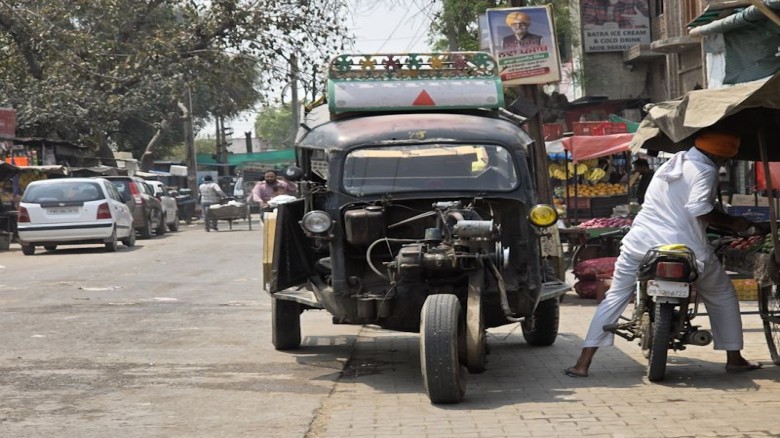

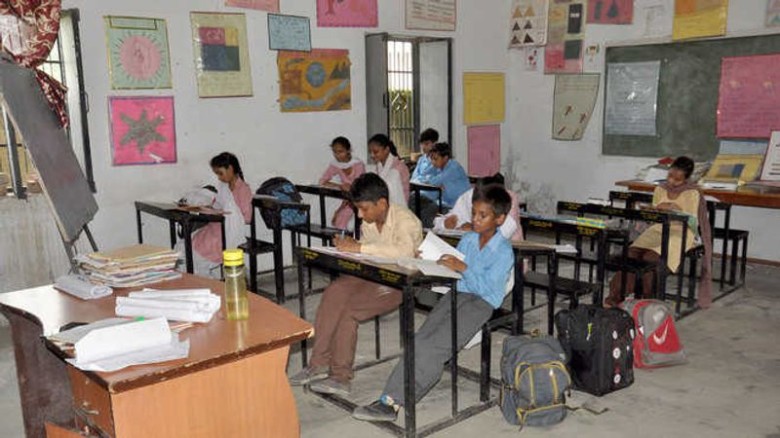






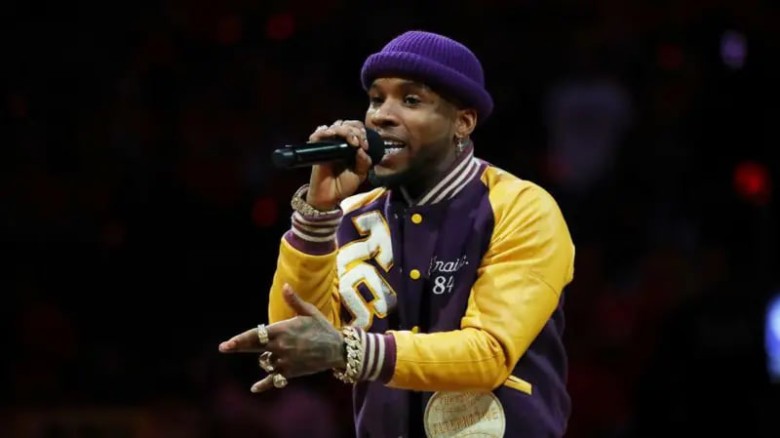



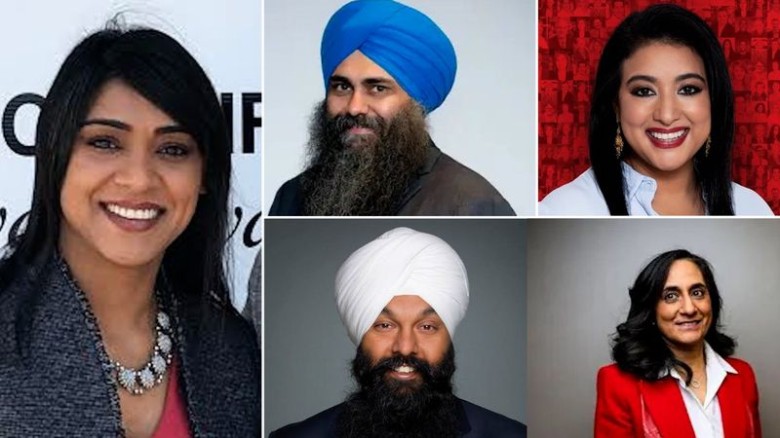


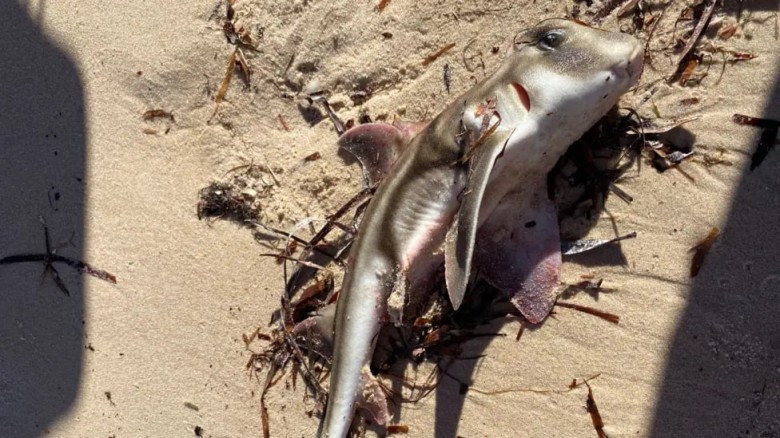

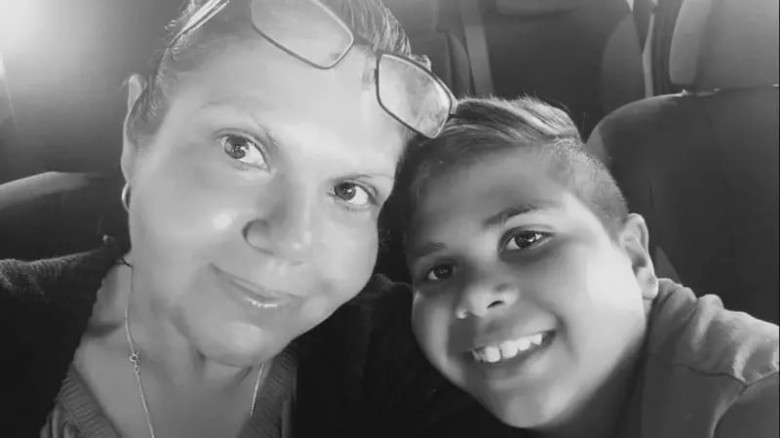
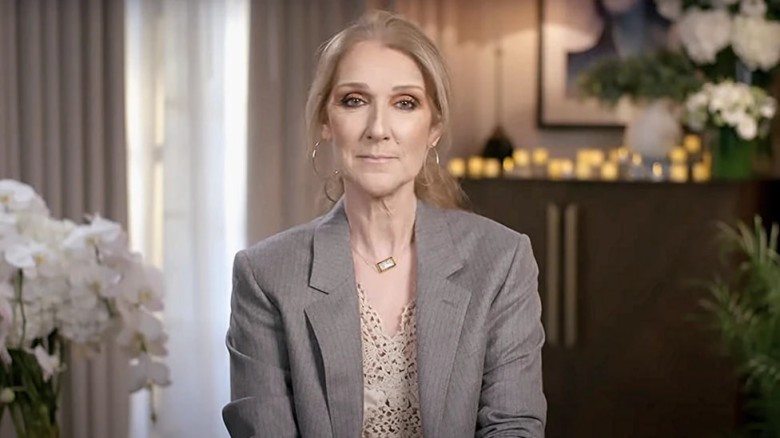



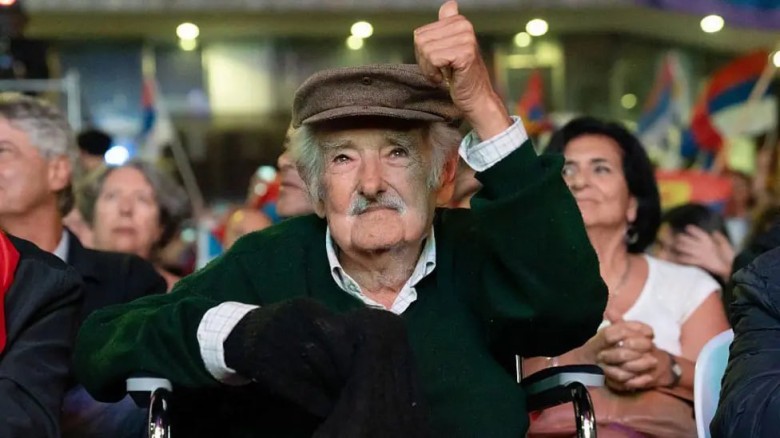
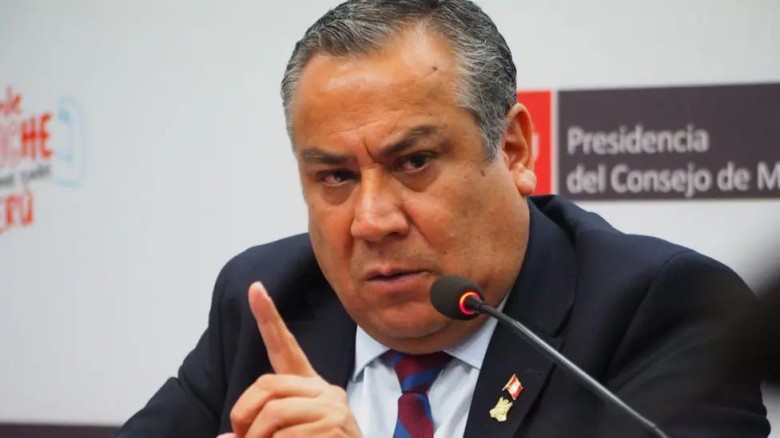






















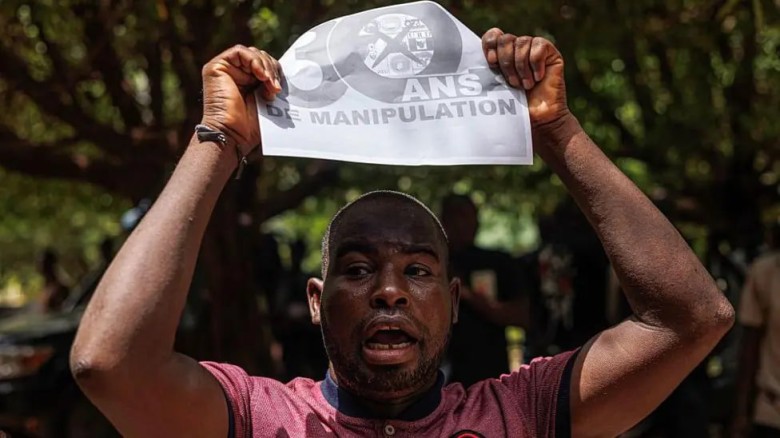
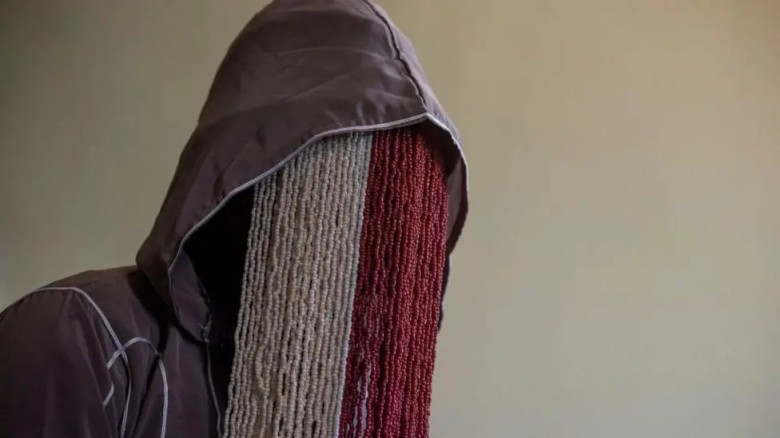

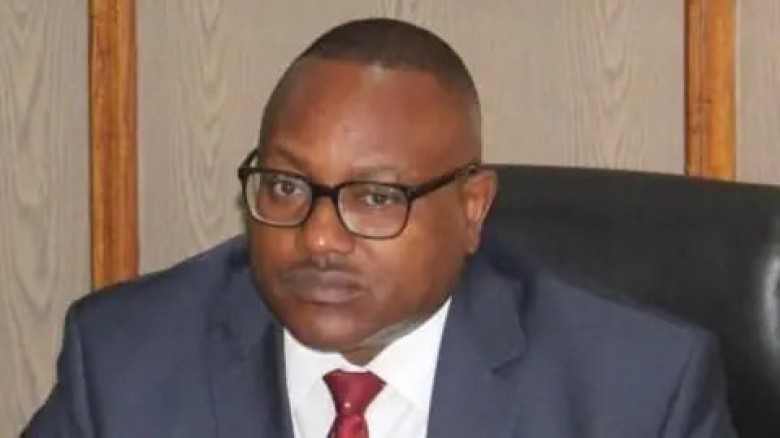

















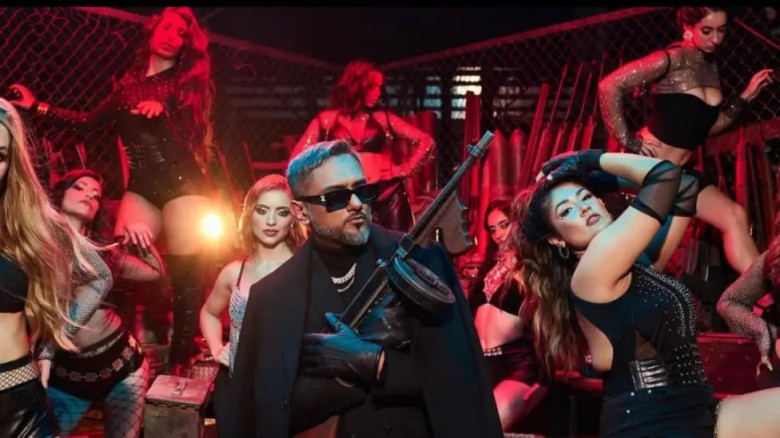


Leave A Comment